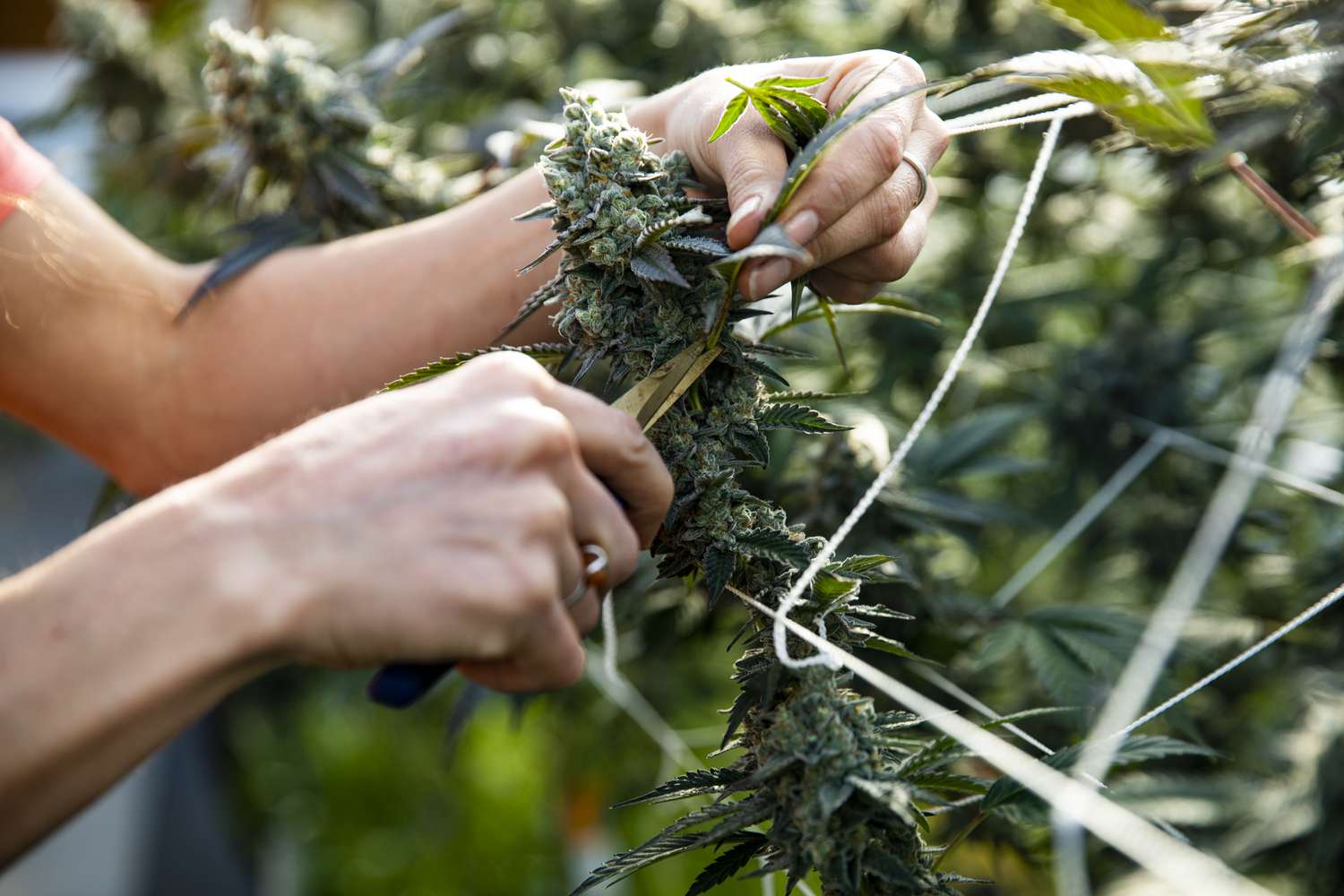Cannabis, Cannabis for Health
Cannabis and Sustainability: Eco-Friendly Practices in Cannabis Cultivation
As the cannabis industry continues to grow, so does the importance of incorporating sustainable practices into cultivation methods. With the increasing demand for cannabis products, it is crucial to prioritize eco-friendly approaches to minimize the environmental impact of cultivation. In this blog post, we will explore some of the key eco-friendly practices that are shaping the future of cannabis cultivation.
1. Organic Cultivation:
Organic cultivation methods prioritize the use of natural and sustainable inputs, avoiding synthetic pesticides, herbicides, and fertilizers. By utilizing organic practices, cultivators can minimize the release of harmful chemicals into the environment and promote soil health. Organic cultivation also enhances the quality and purity of cannabis products, providing consumers with a safer and more natural option.
2. Water Conservation:
Water is a precious resource, and cannabis cultivation can be water-intensive. To address this issue, sustainable cultivators are implementing water conservation techniques. These include the use of drip irrigation systems, rainwater harvesting, and water recycling methods. By optimizing water usage, cultivators can reduce their environmental footprint and contribute to water conservation efforts.
3. Energy Efficiency:
Indoor cannabis cultivation requires significant energy consumption, primarily due to lighting and climate control systems. Sustainable cultivators are adopting energy-efficient technologies such as LED lighting, which consumes less electricity and produces less heat. Additionally, utilizing renewable energy sources like solar power can further reduce the carbon footprint of cannabis cultivation operations.
4. Waste Management:
Proper waste management is crucial for sustainable cannabis cultivation. Cultivators are implementing recycling and composting programs to minimize waste and divert it from landfills. Additionally, some cultivators are exploring innovative solutions like anaerobic digestion, which converts organic waste into biogas and nutrient-rich fertilizers. These practices not only reduce environmental impact but also contribute to the circular economy.
5. Biodiversity Preservation:
Cannabis cultivation can have an impact on local ecosystems. Sustainable cultivators are implementing practices to preserve biodiversity, such as creating wildlife habitats, planting native species, and avoiding the use of harmful pesticides. By promoting biodiversity, cultivators can support the natural balance of ecosystems and protect endangered species.
The cannabis industry has a unique opportunity to lead the way in sustainable agriculture practices. By prioritizing eco-friendly cultivation methods, cultivators can minimize their environmental impact and contribute to a more sustainable future. Organic cultivation, water conservation, energy efficiency, waste management, and biodiversity preservation are just a few of the practices that can be implemented to ensure a greener and more sustainable cannabis industry. As consumers, supporting sustainable cannabis brands and products can also play a significant role in driving positive change. Together, we can create a cannabis industry that not only meets the growing demand for cannabis products but also respects and protects our planet.

